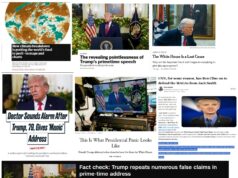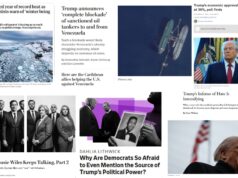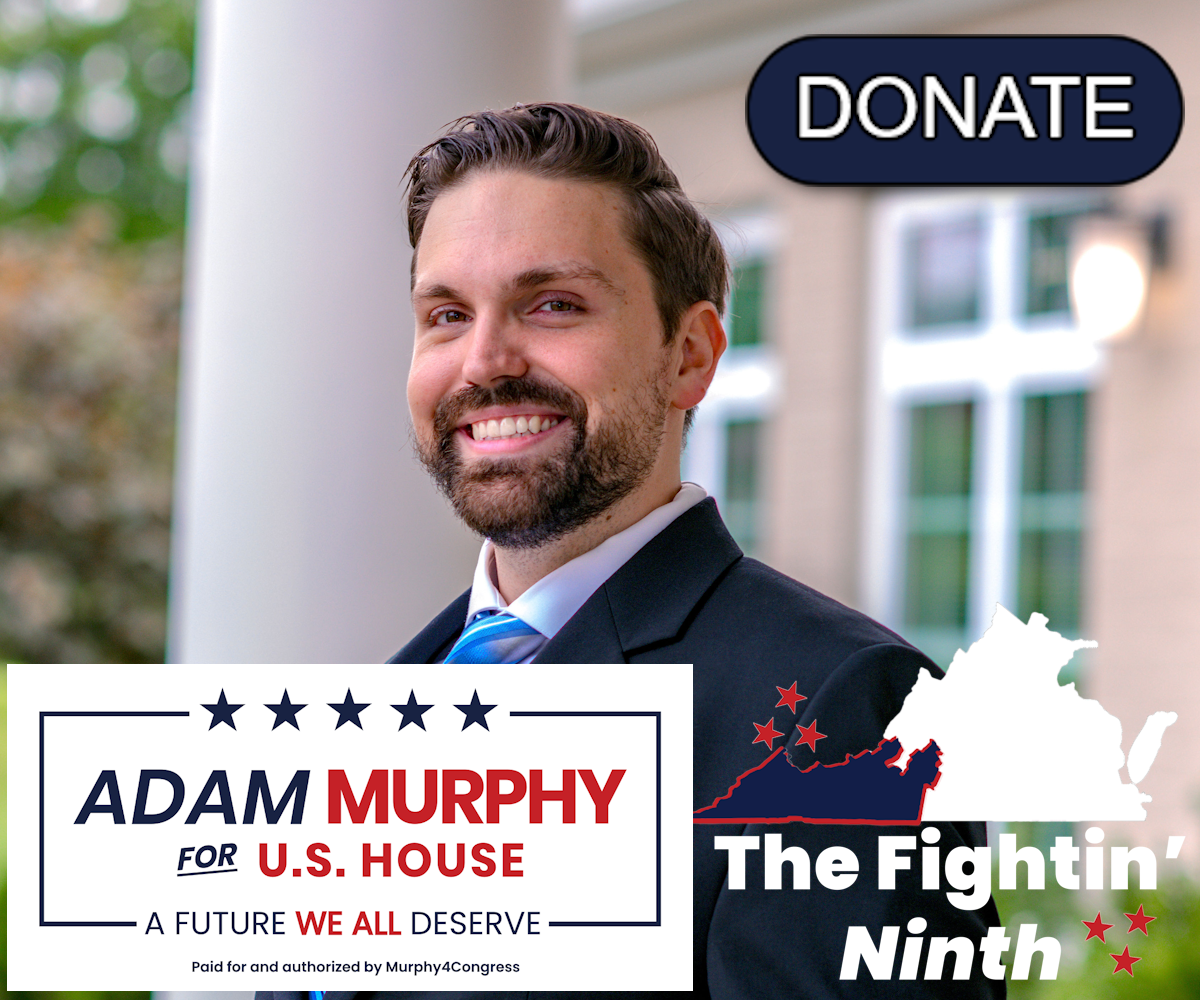 The Republicans have for four years been framing the upcoming elections of 2012 as a referendum on Obama, spiced and flavored by what they see as a poor economy, the failure of his stimulus efforts to revive it and to create jobs, the federal debt, and America’s decline in the world in general. As usual, Republicans choose the theme of the election, and the Democrats play defense. Even Organizing for America (OFA is Obama’s grassroots organizing arm) says things like “The economy is recovering, just not as fast as we’d like,” or “For the first time ever we have most Americans covered by health insurance, even if they have pre-existing conditions,” or “We killed Osama bin Laden and are withdrawing from Iraq and Afghanistan, but we will still have a military presence in the Middle East,” and so on. None of these responses are igniting much enthusiasm, and it’s hard for a Democrat to regard them as effective elevator speeches.
The Republicans have for four years been framing the upcoming elections of 2012 as a referendum on Obama, spiced and flavored by what they see as a poor economy, the failure of his stimulus efforts to revive it and to create jobs, the federal debt, and America’s decline in the world in general. As usual, Republicans choose the theme of the election, and the Democrats play defense. Even Organizing for America (OFA is Obama’s grassroots organizing arm) says things like “The economy is recovering, just not as fast as we’d like,” or “For the first time ever we have most Americans covered by health insurance, even if they have pre-existing conditions,” or “We killed Osama bin Laden and are withdrawing from Iraq and Afghanistan, but we will still have a military presence in the Middle East,” and so on. None of these responses are igniting much enthusiasm, and it’s hard for a Democrat to regard them as effective elevator speeches.
All of these themes, Republican and Democratic alike, are distractions from the one real issue in 2012, an issue so big that it can be regarded as an existential one for the America system of self-government. Voters will be making an (unfortunately) uninformed watershed decision that will determine what kind of country our descendants will live in for years to come. No one is talking about it explicitly, because I suspect the political class does not dare to tell the voters, since doing so would require an intelligent debate and explanation. The issue is unmentionable for the Republicans because they hope to slip one over on the people until they can present us with a fait accompli, the Democrats because they are afraid to take a stand which would offend their big corporate donors, and also perhaps because, at a national level, they are in cahoots with the Republicans about the issue because they see it as an inevitable historical trend.
The hidden issue is that voters in 2012 will be choosing one of two diametrically opposed visions of what government is for. On the one hand, is the idea of the social contract in which government is instituted to provide all its citizens with continuity of community, protection from predators within and without, civil liberties, an economy which works for everyone, equality of opportunity without favoritism, and a social mobility that rewards individual ability and hard work—- a modern democratic society, in other words. On the other hand, is the idea of a strictly limited, minimal government that is instituted to facilitate market-based capitalistic corporate enterprise, which is equated with freedom, and is dependent on the profit motive to produce everything a society needs including protection, civil liberties, and unending growth, an increasingly hierarchical society in which government serves the needs of business rather than individual citizens, wherein the biggest corporations are really in charge—- in other words, corporate feudalism is the political model rather than the social contract.
These two models have not been laid out as the choice voters will actually be making. Indeed, the issue is blurred deliberately, with Republicans presenting their case for corporate feudalism disguised as “job creating,” “personal responsibility,” and “freedom from nanny government,” rather than admitting that their economic model inevitably produces the so-called creative destruction of severe depressions in a boom-bust sequence that actually kills jobs and places the major burden of necessary capital re-allocation on the backs of the average citizen, while making the rich richer every time around. The Republicans, as the party of wealth, have made a secular religion out of the Free Market economic theory, which forms the basis of their vision of the purpose of government.
Once their model is implemented, international global corporations, or, rather, the managers and executives of those corporations, will be calling the shots on the basis of what increases their wealth and power across the world, and not on the basis of what is best for the residents within a geographic nation state. The nation state will become the servant of the global corporations, even more than they are already, and the gulf between the vast majority of the world population and the global corporate elite will become deeper and wider as that elite turns itself into an inherited new aristocracy—- a process already underway.
Needless to say, this outcome is never, ever mentioned, by either political party, no doubt due to the fact that both parties have been corrupted by the power of corporate wealth, which basically is already funding elections and paying off corporate clients in Congress. Even so, the Democratic Party, especially its grassroots, still has a lingering affection for the social contract model of government, despite its desperate need for corporate donations to pay for campaigns. The sad fact is, however, that unless Democrats stand up and make an explicit commitment to the social contract model for government, and make clear to the voters that the 2012 election will determine whether or not that model survives, they will be defeated and the Republican model of corporate feudalism will be irretrievably put into place.













![Video: Sen. Mark Warner Says Last Night, “you saw an angry old man [Trump] giving a partisan screech that doesn’t solve anything”](https://bluevirginia.us/wp-content/uploads/2025/12/warner1218-100x75.jpg)

